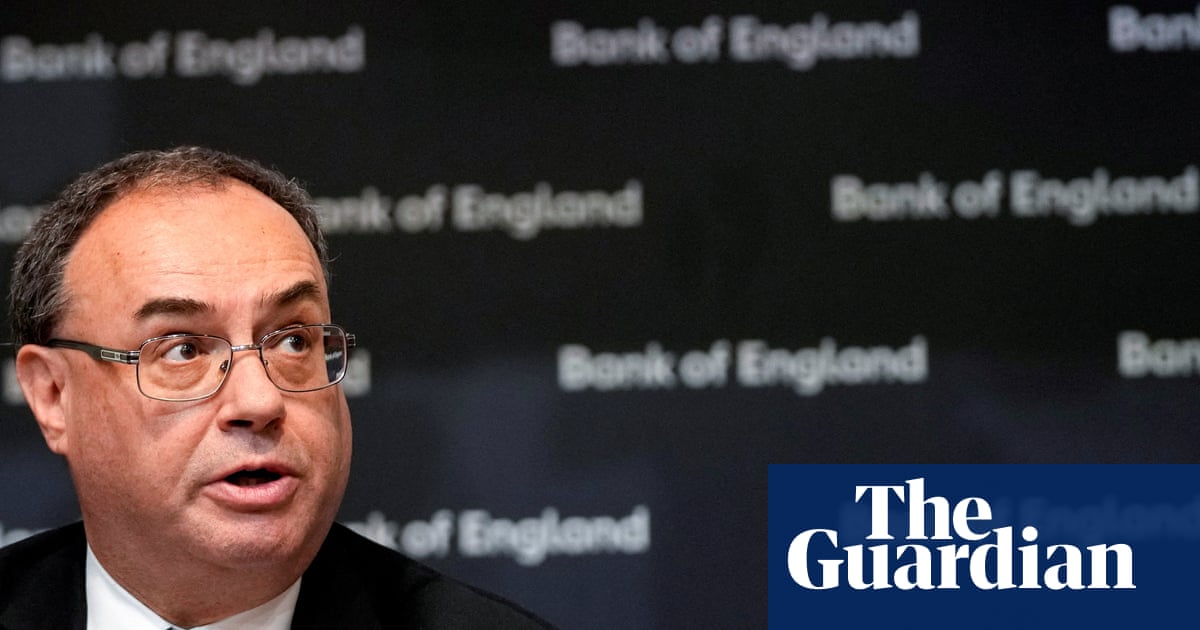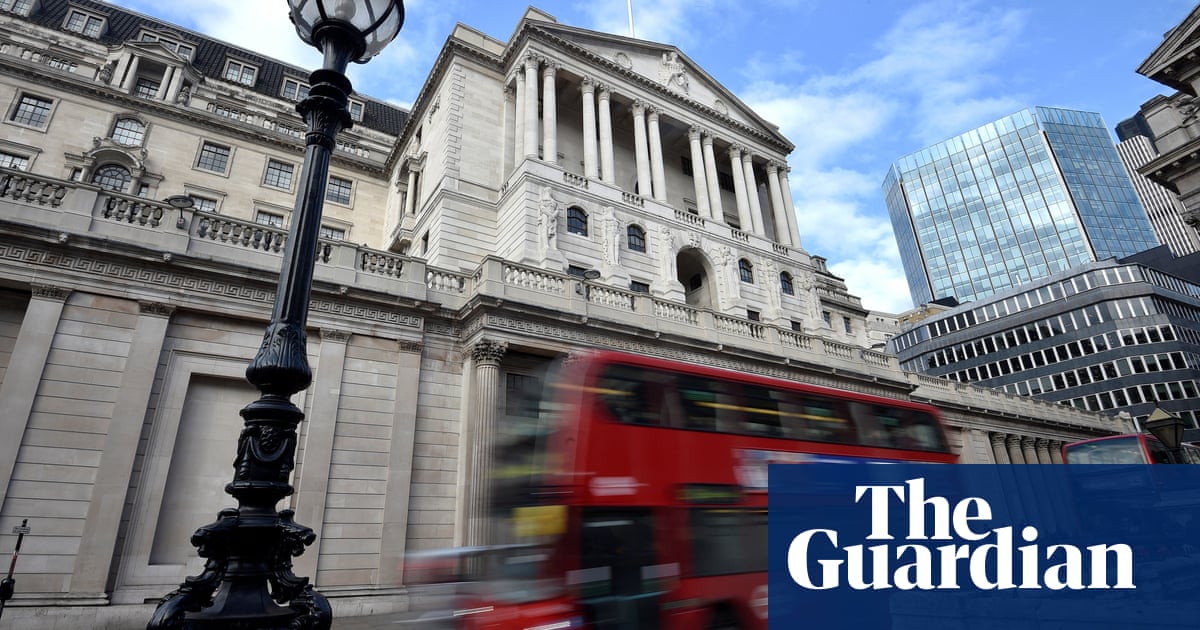
The UK should not be “seduced” into thinking the battle to calm inflation is over despite price rises easing to the Bank of England’s target, according to an interest rate setter at the central bank.
Catherine Mann, a member of the Bank’s monetary policy committee, said the underlying price pressures in the economy remain strong and showed that the central bank needed to take a tough stance when it sets interest rates.
Mann, one of four policymakers who opposed this month’s cut in UK interest rates from 5.25% to 5%, said services inflation remains too high for comfort, and UK wages are rising faster than the Bank’s forecasts have predicted.
Headline inflation held steady at the Bank’s target of 2% in May and June but official figures released on Wednesday are expected to show inflation rose to 2.3% in July.
She said: “We shouldn’t be seduced by headline inflation,” explaining that falling energy and goods prices have brought average inflation down to 2%, but they remain volatile and can push it back up again.
Speaking to the Economics Show with Soumaya Keynes podcast, released on Monday, Mann said that, while goods inflation has fallen, the cost of services was rising at more than 5% a year – which, she feels, is not compatible with keeping headline inflation sustainably at 2%.
Mann said she feared there was an “upward ratchet” effect within the services sector, as services prices rarely fall, unlike goods prices, which have in some cases fallen back to near pre-pandemic levels.
Part of that process is “the desire to maintain certain wage relationships”, she said, hinting that a rise in the minimum wage of almost 10% in April has put pressure on companies to raise wages further up the pay scale.
Mann said: “There was a lot of new wage agreements in April this year. There will be wage negotiations next year, which will be in relationship to the negotiations that just happened. So some people at the bottom got quite a bit of an increase, rightfully so.
“But the ones above them didn’t, which means next year they will, because it’s important to keep relative wages within a hierarchical structure, kind of in relationship to each other.”
Manufacturers can also deploy the ratchet technique to push up prices, Mann pointed out – which may take a long time to “erode away”.
She said: “Firms look at their competitors and their competitors raise their prices a little bit. Maybe they’re more efficient. They raise their prices a little bit, and their competitors raise it too. We do not see that behaviour on the downside.”
Mann said there would be more persistent inflation shocks across the world feeding into the cost of UK goods. A more volatile world would force central banks to keep interest rates higher for longer to avoid another rise in inflation wrecking household living standards.
She anticipated higher shipping and transportation costs would put pressure on the price of goods that are either produced in conflict zones or must travel through them.
Asked how cautious she would be on a scale of one to 10 about further interest rate cuts, Mann ranked herself as a seven – down from a 10 in the days when she was voting to increase levels above their recent 16-year high.
She said the economy had proved to be more robust that expected earlier in the year and that gave firms more power to charge higher prices.
Official figures released on Thursday are expected to show the economy continued to recover from recession in the three months to the end of June.












